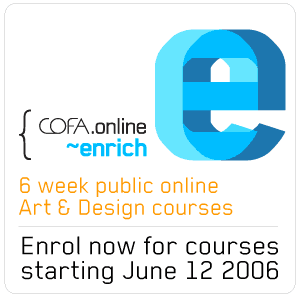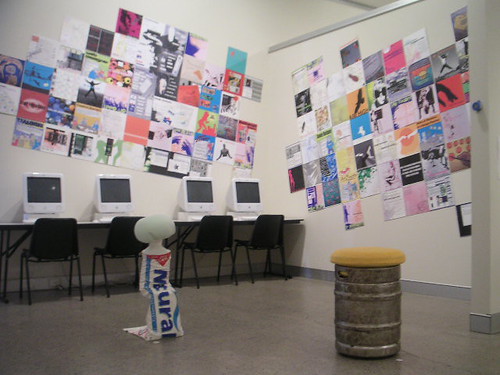
CLEARLY I'm a terrrible blogger I know. I know that my posts are permanently irregular but it is not something that bothers me much these days. This was not always the case however. I recall reading in several business blogs how customers/readers will find those who blog consistently more trustworthy. Justified through the assertion that a continual stream of information was more credible than a sporadic one.
This troubled me for some time - a kind of guilt thing I guess where I berated myself for not being more "credible" through prolific output. There was a time not so long ago when I read a lot of blogs and participated as much as I could...admittedly this was largely in a time prior to parenthood (which has undoubtedly had an impact at all levels) but these days there are less pages that I would visit on a daily basis.
The frenetic activity around some blogs is definitely difficult to sustain on a permanent basis. Web audiences are like any consumer a fickle beast and trends and fashion travel very quickly here.
So - where does this leave the blogger who wants to contribute something of value but is less inclined to have to "keep up" and perhaps end up spouting a lot of dubious platitudes in the process. Whatever...
I've come to realise that (for me at least) regardless of talent for expressing ideas, or not :) one should have something contructive and useful to add to the information deluge we face. Is it time to slow down and play more?...to work stuff out and to contemplate the consequences of actions and impact...even at the level of bashing out words online...
Whatever I say I want to make it count... there I feel better already :)
Hello Sydney :) Hello world :)





